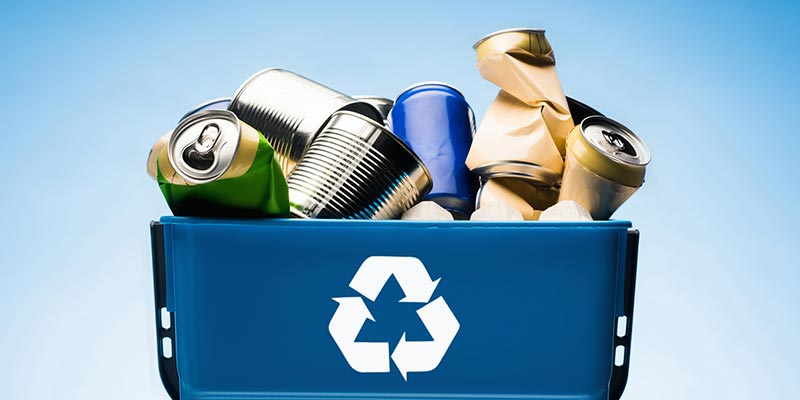Zero Waste Consultants will Provide Proper Solutions for Proper Waste Management
The "Zero Waste" project is well-known on a global scale. The globally renowned definition of "Zero Waste" states that it is the held to account production, usage, reuse, and reprocessing of goods, wrapping, and materials that protect all assets without combusting or releasing any pollutants into the land, water, or environment that endanger the earth or the health of people. Zero waste consultants are going to take responsibility for saving the environment from hazardous waste.

What Do Consulting Organizations That Promote Zero Waste Do?
The Zero Garbage Practice is intended to recycle, recover, and utilize resources effectively while reducing the amount of garbage sent to landfill. A sustainable world requires that all nations make the required contributions to lessen the burden on the environment and stop environmental damage due to population expansion.
Many firms seek innovative methods to reduce operational costs in the current economy and learn how to get more done with less. Garbage removal expenses are one line item on a company's Statement of profit or loss that is frequently forgotten.
When companies and commercial buildings are compelled to select one of a relatively small list of licensed local trash providers, we might consider garbage removal to be a fixed utility similar to gas or electricity. You may be able to increase your revenue by several hundred thousand a year by collaborating with solid waste consultants.
What exactly is a waste consultant, and how might they assist your company or group of commercial property owners in lowering waste disposal taxes and lowering or recovering costs?
A Waste Management System: what is it?
The method a company employs to dispose of, minimize, reuse, and avoid trash is known as a waste management system. Recycling, decomposition, cremation, landfill, phytoremediation, waste to power, and source reduction are a few potential waste disposal techniques. There are numerous approaches and techniques for proper waste management. These tactics can be integrated or reorganized to create a functional and efficient waste disposal system. Garbage management strategies focus on sustainability – the reason why recycling is the best choice for waste management.
Recycling, also called physical reprocessing, counted as one of the best method to eliminate inorganic trash, including glasses, plastics, and alloys. While recycling organic waste like paper and food is possible, composting is a preferable option. Converting non-recyclable garbage into energy, power, or fuel utilizing renewable energies, such as anaerobic fermentation and plasma combustion, is known as waste to energy.
Animal waste and human excreta are biologically reprocessed into hydrocarbon biogas by anaerobic fermentation. Dangerous waste can be converted into syngas using ion pyrolysis, which involves a plasma-filled container that operates at extreme temps and little oxygen. The remediation of pollutants, poisons, and contaminants using microorganisms is known as environmental remediation, and it is an additional option for handling hazardous material. Several companies, such as extended producer management, have managed waste disposal and taken the responsibility of paying taxes to the government. Disposing of plastic, metals, batteries, and some electronic goods is imperative to save the environment from pollution properly.




Post a Comment